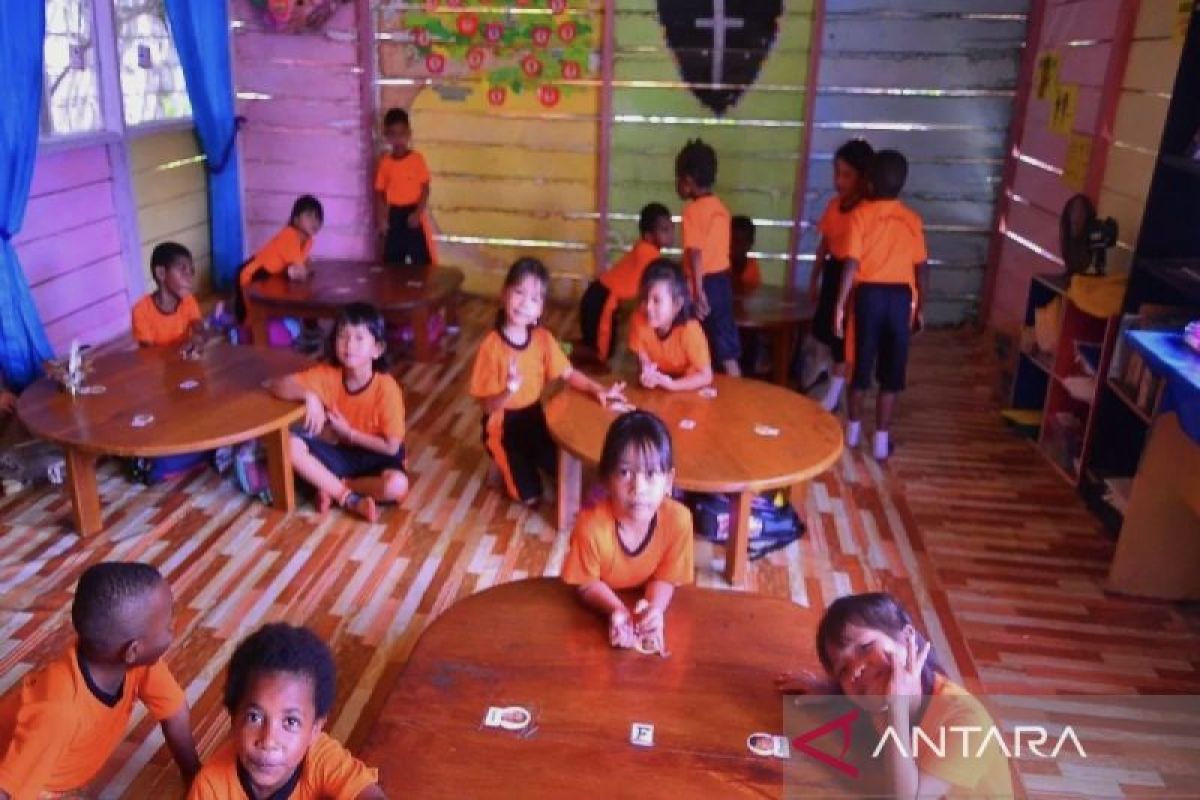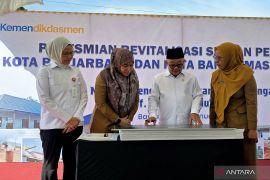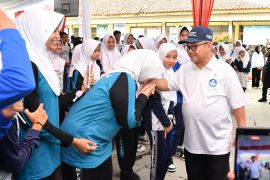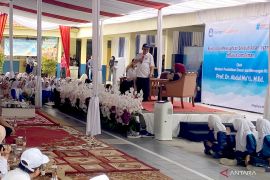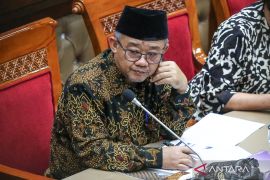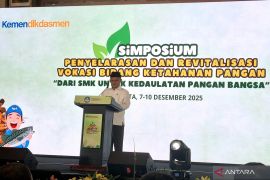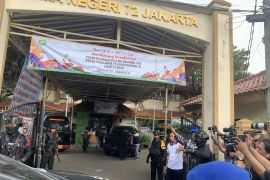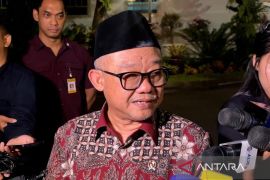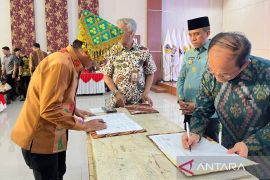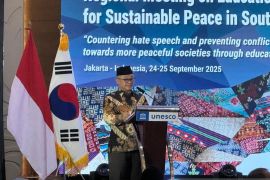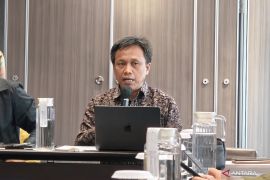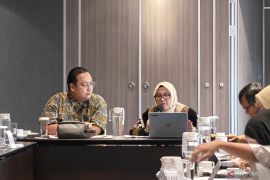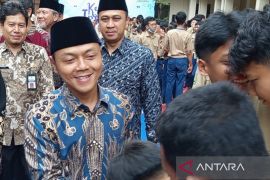Director general of PAUD, primary, and secondary education at the ministry, Gogot Suharwoto, said the evaluation is expected to provide inputs on implementing a 13-year compulsory education program as part of the revision of Law Number 20 of 2003 concerning the National Education System (Sisdiknas).
"The evaluation result of PAUD implementation shows unequally distributed access. There are 17,803 or 21 percent of villages with no PAUD units," he informed.
He made the remarks during a public hearing meeting (RDPU) of the Working Committee on the Sisdiknas Bill with Commission X of the House of Representatives on Tuesday.
According to Suharwoto, this finding is partly due to the lack of public PAUDs compared to private ones. He pointed out that the ratio of public PAUDs nationally is just 3 percent as against the ideal ratio of 10 percent.
Low commitment on the part of local governments to allocate a PAUD budget is believed to be one of the factors behind the small number of public PAUDs, he said.
Related news: Indonesia's PAUD helps shape students' mental, intellectual: minister
"The budget for PAUD is only 0.69 percent of the total education budget, or 0.20 percent when compared to the total state spending," he highlighted.
In addition, PAUD licensing regulations are still not flexible and integrated, exacerbating the unequal access of the community to PAUD services, he informed.
Therefore, he said that the National Education System Bill needs to concretely organize PAUD management by regulating a single licensing system for multiple PAUD services.
That way, one organizer can provide kindergarten, playgroup, and childcare center services under one roof while eliminating the division of formal and non-formal PAUDs.
He further said that the Bill needs to encourage and regulate the optimization of the role and commitment of local governments in the budgeting and licensing of PAUD units.
Related news: Indonesian official calls for paradigm shift in early education
Translator: Hana Dewi Kinarina, Resinta Sulistiyandari
Editor: Rahmad Nasution
Copyright © ANTARA 2025
